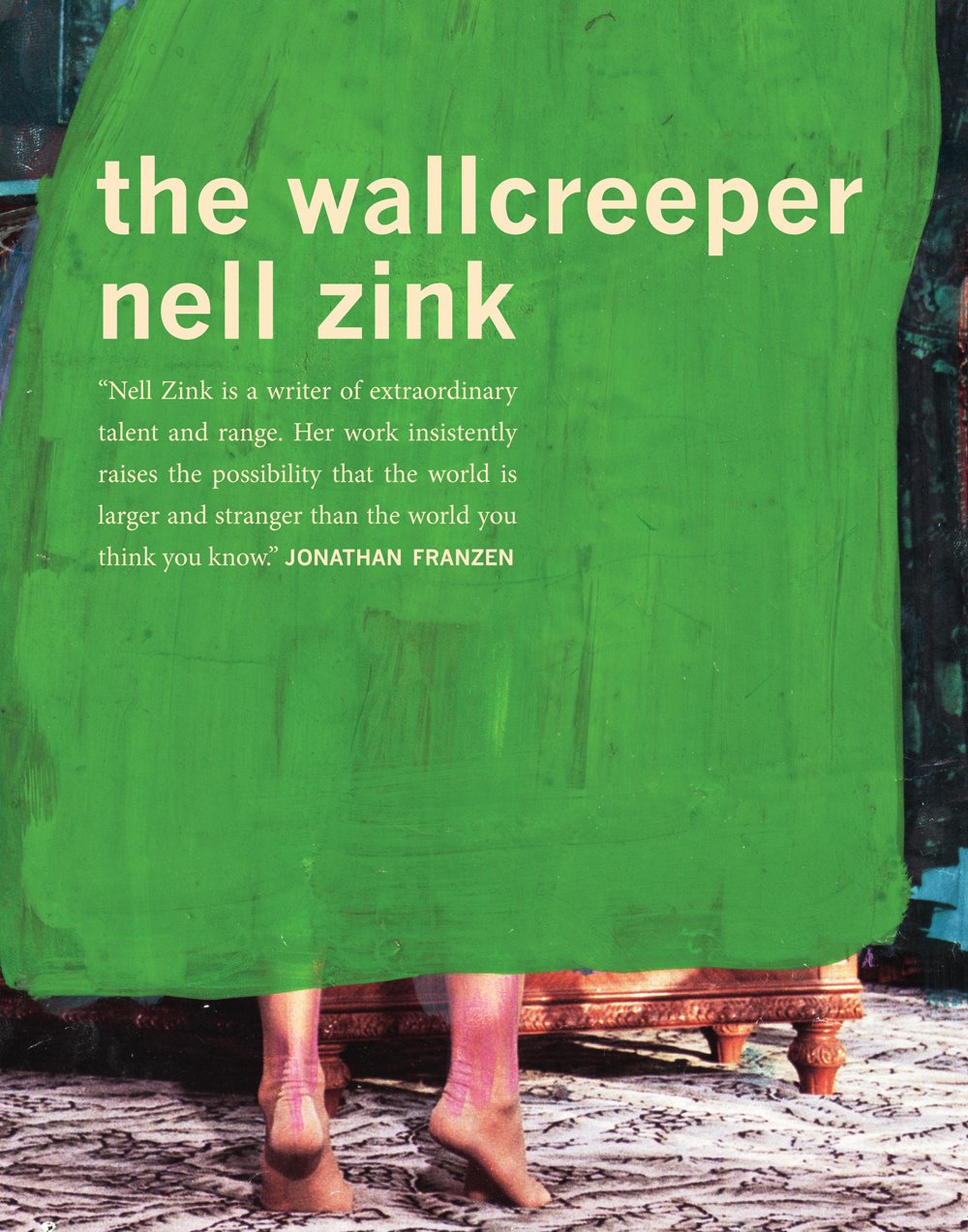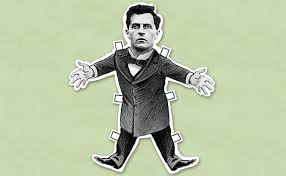| 1. |
now and at the hour of our death
Making the line between science and faith irresistibly entertaining, Morse has created a story that will stand the test of time.
|
|
| 2. |
 the wallcreeper
the wallcreeper
I’ve already argued that this is the debut of the year, a claim later challenged (but not overturned) by Atticus Lish’s Preparations for the Next Life. Like Lish’s book, The Wallcreeper is raw. But there is an acerbic exuberance, barely contained, in Zink’s writing that countless writers aim for but fail to harness. And after watching Zink read in person, I’m convinced she’s endowed with the psychodramatic volatility of someone who cares more than most everyone else.
|
|
| 3. |
leavetaking
This is the most under-covered, undervalued release of 2014. Weiss is one of the four or five greatest post-war European authors, and this autofictional masterpiece more or less superannuates all of the autofiction that follows. A brutally honest account of bourgeois decay, artistic development — Weiss was a polymath who painted, filmed, and wrote in virtually every form — and sexual maturation, Leavetaking forms one have of a larger novel called Exiles. I hope Melville House publishes the second half soon.
|
|
| 4. |
tristano
Nanni Balestrini, trans. Mike Harakis There are 109,027,350,432,000 variations of this novel, which uses an algorithm to reposition its paragraphs. The effect of the feat is magnified by the fact that, while reading it, it’s difficult to tell that it’s generated. This also means that unless it sells 200 trillion copies, no one will ever buy the same version as you. It’s also just a good book.
|
|
| 5. |
 wittgenstein jr.
wittgenstein jr.
One of the funniest books of the year, this philosophical bildung shows that intellectuality can be poignant, especially when its couched within a campus novel.
|
|